At West Virginia Health Right, new mothers with substance abuse problems have a new way to get themselves and their babies healthy.
The HOPE program tries to connect mothers and babies directly with the health care and support they need in everything from dental care to addiction treatment and therapy, said Angie Settle, CEO of Health Right, at an open house for the new program on Monday.
“There’s a huge service gap that we saw for new mothers in recovery. We focus a lot on women in recovery but not necessarily mothers,” Settle said. The program is “one of a kind,” she said.
Women who participate in the program will have support from Health Right for two years after they give birth.
“We’ll be there when they deliver, and we want to be there for all the lumps and bumps afterward, all the difficulties that come with having a baby,” Settle said. “It’s not easy for anyone, it’s always a bit stressful, but we want these women to have the support they need.”
In those two years, Health Right will assist patients’ recovery efforts, and support them if they relapse, which people with substance abuse problems often do, said Missy Woody, a registered nurse at Health Right and case manager for the HOPE program.
Mothers will be able to attend their own medical appointments while their children are watched by Health Right staff in a new room decked out in bright colors and filled with toys and children’s books.
The goal, Settle said, is to support new parents who may be struggling with addiction in any way they can. By offering “wrap-around services” that include addiction treatment and counseling by peer recovery coaches, Settle hopes to see more families stay together.
“There are moms who want to keep their families together, and that’s what we’re going to do if we can,” Woody said. “If it’s not an issue of safety, we’re going to help keep these families together, any way we can.”
Health Right is working with Charleston Area Medical Center, which also has a program for women who give birth who may suffer from substance use disorder. Woody said the number one struggle she’s heard there is that, after babies are born and the mothers either complete the program or are discharged, there’s no sure way to keep them connected to help when they need it.
Now, they can get a referral to Health Right, and that help continues for two years as they settle into a new normal.
On their first visit to the HOPE program, mothers are given a backpack with diapers, wipes and other baby knick-knacks, like small toys and books, among other things. On subsequent visits, they will receive more diapers.
Woody started at Health Right two months ago, and has spent that time trying to research and learn all she can about helping people who suffer from substance use disorder.
She has never suffered addiction herself, she said, but she wanted to try and understand so she could be a resource for the women she works with.
“I don’t know that struggle, but the first thing you hear when you talk to people about drug addiction are these horrible, dehumanizing terms like ‘crackhead’ and so on,” Woody said. “That’s not right. There are so much more to people with addiction issues, they have feelings and they’re human. People need to treat them as such, and we need to help them as we would anyone else with an illness.”
Woody spent a lot of time talking with the peer recovery coaches working with her on the HOPE program. They explained their struggles with addiction to her, and now she’s applying what she’s learned to help the women in the program.
“There are things that, if they happened to you or me, may not be a big deal. For people trying to stop using, though, they could be triggers,” Woody said. “We need to help them overcome these stressors any way we can, and make that help as accessible as possible.”
Settle said there hasn’t been a limit set on how many people they could see through the HOPE program, but they estimate at least 75-100. In addition to being connected to health services, patients could also qualify for travel assistance to ensure they make it to appointments, and will be able to attend classes educating on subjects like parenting, money management and home safety.
While the program aims for a two year period to help new mothers adjust, Woody said that isn’t necessarily the end.
“If those two years come and go and there’s still a need for help, we will be with you,” Woody said. “If we can’t provide the help you need, we’ll find someone who can, and we’ll get you there. We aren’t going to leave someone who needs us or our services out in the cold.”
